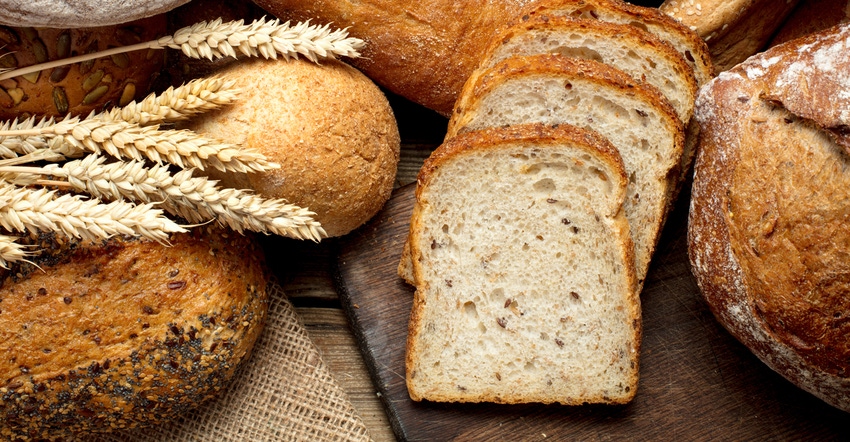January 17, 2019

By Ron Suppes
The wheat industry is digging a hole that we may not be able to get out of, and it has a lot to do with the blame game. It appears as though we in the wheat industry are following in the footsteps of politicians in Washington. Instead of leading, setting a good example and problem solving, it is far easier for segments of the wheat industry to point fingers. A better scenario would be to confront the problems as an industry and fix them rather than letting greed, control and consumer ignorance dictate the approach.
At a recent meeting of the National Association of Wheat Growers and U.S. Wheat Associates, a shot was fired over the bow of U.S. wheat farmers. Hayden Wands, who is vice president of procurement for Bimbo Bakeries of North America, made a statement aimed directly at hard red winter wheat producers, telling them that the hard red winter wheat that they were producing was of very good eight-track quality, but the problem is he no longer has an eight-track player. Baking is now about volume and speed with fewer additives. This is basically the same statement Mr. Wands made at a recent meeting of the North American Miller’s Association.
At the NAMA meeting, we went on to say that farmers have been growing sub-standard milling wheat for years and implied that growers will not grow lower-yielding varieties that have better milling and baking quality unless they are paid for yield loss when growing those varieties. The statement is very true. Growers should be applauded for growing good eight-track varieties due to the fact that are getting vinyl record prices.
Also of current concern is the discovery of minute amounts of glyphosate in some wheat samples. Application of glyphosate in wheat is rare and mostly limited to spring wheat. Even where it is used, farmers follow the law of the label and residue levels are well below government tolerances. Yet, blame again is directed toward farmers for what is mostly customer ignorance. The industry needs to educate consumers on the difference between detectable and acceptable levels.
To his credit, Mr. Wands has extended an olive branch by declaring that perhaps the billers and bakers have not property communicated their need for quality and functionality to researchers and wheat growers. He has vowed to do so. Therefore, we as producers welcome with open arms the cooperation and input from the organizations he represents. But, if millers and bakers wish for wheat to be treated like a food ingredient instead of a commodity, they must invest upstream to improve the product. And, they must be willing to pay for the value.
Farmers are not purposely growing eight-track wheat in a CD milling and baking world, and are not purposely contaminating wheat with glyphosate. Farmers cannot continue absorbing exorbitant transportation costs, high machinery costs and high input costs without rewards. It is evident that there is a transformation taking place because of these factors. This year, wheat acres will be lower once again.
We are succeeding somewhat in educating the public about healthy food, and we must continue that effort. We in this country have the safest, most affordable food in the world. As our consumers get more educated, they do demand more from us and do want to know what goes into the food they consume. We as an industry need to work together to help guide their choices.
The wheat industry is currently heading toward the end of a long tunnel, and the light at the end is getting dim. We need to stop the blame game, come together and produce a product that our consumers want to buy while providing a profit for all sectors of the industry. As a member of the Kansas Wheat Commission, the Kansas Association of Wheat Growers and the Kansas Wheat Commission Research Foundation, I would offer the wheat industry a challenge,
Our door to wheat research is always open. Come and see us.
Suppes is a Kansas wheat farmer in Lane and Scott counties.
You May Also Like




